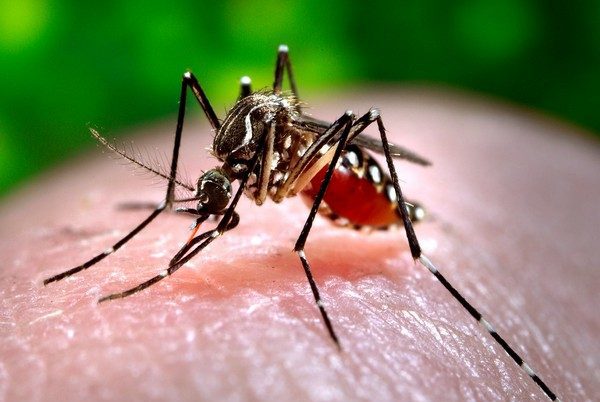The first blood-stage malaria vaccine, RH5.1/Matrix-M, has shown promise as a potential component in an evolving malaria vaccine strategy, according to a report released on Thursday.
The report by GlobalData, a data and analytics company, revealed that 11 other malaria vaccines are currently in Phase II development.
A recent study conducted by researchers in Burkina Faso and the UK found that RH5.1/Matrix-M is safe, effective, and highly immunogenic.
The double-blind, randomized, controlled Phase 2b trial involved 361 children aged 5 to 17 months. The findings demonstrated that RH5.1/Matrix-M is 55% effective against clinical malaria when administered in a delayed third-dose regimen at 0, 1, and 5 months.
Moreover, the vaccine exhibited over 80% efficacy against high levels of malaria parasites, suggesting its potential to prevent severe disease. The trial, published in The Lancet Infectious Diseases, also confirmed that RH5.1/Matrix-M was generally safe and well-tolerated, with no serious adverse events reported.
“RH5.1/Matrix-M has the potential to be the first blood-stage malaria vaccine brought to market. This could serve as a vital addition to existing malaria vaccines and offer an important second line of defense for those most at risk,” said Stephanie Kurdach, Infectious Disease Analyst at GlobalData.
Malaria, a mosquito-borne disease caused by Plasmodium protozoans, is primarily transmitted through the bite of infected female Anopheles mosquitoes. Symptoms can range from fever, chills, and headaches to severe manifestations such as confusion, seizures, and difficulty breathing.
Despite progress, including some nations being certified as malaria-free, the disease remains a significant burden, particularly in the World Health Organization’s (WHO) African Region, Kurdach noted.
Currently, only two malaria vaccines are WHO-prequalified and recommended for use in children: GSK’s Mosquirix and Serum Institute of India’s R21/Matrix-M. These vaccines target the early sporozoite stage of the parasite to intercept infection. However, as immunity wanes over time, sporozoites can infect the liver and lead to blood-stage clinical malaria.
The development of a blood-stage malaria vaccine like RH5.1/Matrix-M could provide a critical second line of defense and potentially replace existing vaccines.
“There are 11 other malaria vaccines in Phase II development, including pre-erythrocytic and blood-stage vaccines from manufacturers such as BioNTech, GSK, the National Institute of Allergy and Infectious Diseases (NIAID), and Vac4All SAS,” Kurdach said.
However, she added, “No new malaria vaccines are currently in Phase III development or pre-registration.”
(Inputs from IANS)














